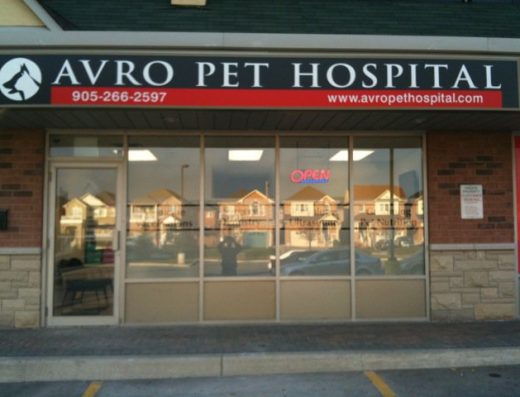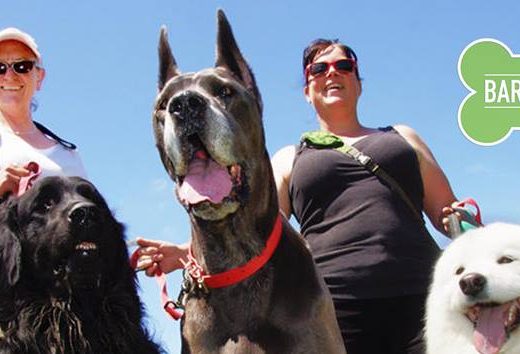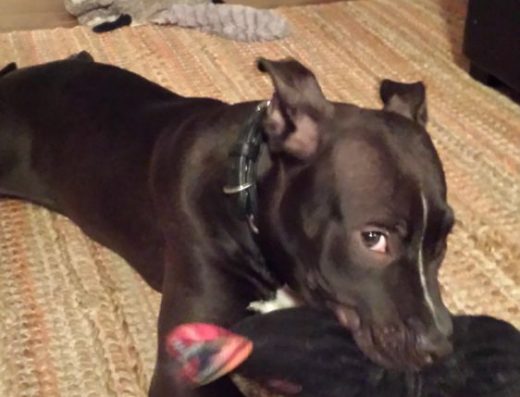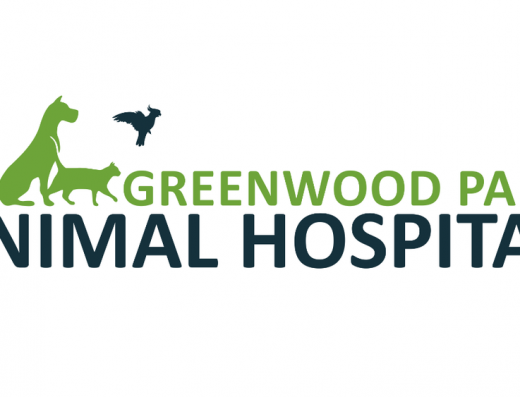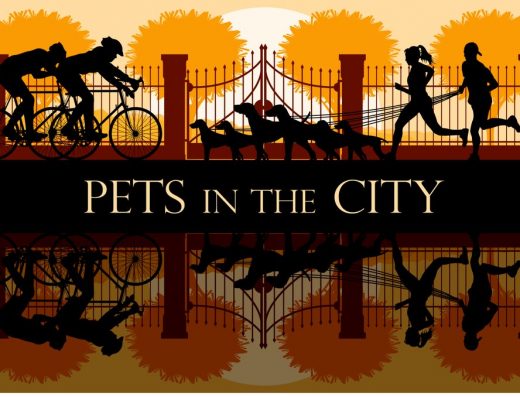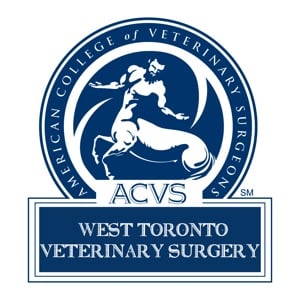Services
Wellness and Vaccination Programs
Our wellness and vaccination programs are designed to promote disease prevention and to help ensure your pet lives a long and happy life. Our wellness program consists of physical examinations and appropriate vaccinations for your pets from when they are puppies and kittens to when they are in their twilight years. For example, puppies and kittens are usually treated and tested for parasites and vaccinated at 8 weeks, 12 weeks, and 16 weeks of age. Older animals may be on a rotating schedule for vaccines and deworming. We work with you to specifically formulate a wellness program that best suits your pet’s needs.
Microchipping
Microchipping is a safe and permanent way to identify your pet in case they become lost. A microchip, which is a tiny device about the size of a grain of rice, is placed just under the skin between the shoulder blades. We most commonly place microchips when a puppy or kitten is spayed or neutered, but they can also be placed in an awake animal. When a lost dog or cat without an ID tag is found, a veterinary clinic or animal shelter will scan the animal for a chip using a special reader. The veterinary hospital or shelter then calls the chip manufacturer, retrieves the pet owner’s contact information, and calls the owner. We have seen many happy reunions thanks to microchipping.
Internal Medicine
Internal medicine refers to the prevention, diagnosis and treatments of various non-surgical diseases. After asking you specific questions about your pet’s symptoms and performing a thorough physical examination, we determine what tests should be run to find out what disease process is present. Tests may include blood work, urinalysis, x-rays, and ultrasound. When we get all the information we need to make a diagnosis, then we can proceed with a treatment plan to make your pet well.
It is important to understand that you as the owner are considered part of the veterinary team and will be included in the decision making process. You play an integral part in this process, and when it comes to your cat or dog you are the expert.
Diagnostic imaging
Diagnostic imaging refers to the use of tools such as digital radiography, ultrasound machines and endoscopes to look at the internal organs and bones of your pet. At Bickford Park Animal Hospital, we have a state of the art digital radiology unit. We use radiographs for changes in bones and joints, examine the heart and lungs, look for gastro-intestinal obstructions, evaluate the internal organs as well as look for bladder stones. We recommend radiographs as part of our diagnostic work-up for many conditions.
Cardiology
Cardiology refers to the study and treatment of the heart. A heart problem can affect your pet at any age although it is more often found in older pets. Every time you bring your dog or cat in for an exam, we will listen to their heart to assess for any changes or abnormalities as a screening test. If we hear something abnormal we will offer to do further testing such as radiographs, cardiac ultrasound, an ECG, or we may ask you to come back for another listen in a week or two to ensure the abnormality persists. Heart failure occurs when the heart no longer has the ability to pump blood around the body effectively. Heart failure can lead to congestive heart failure where fluid accumulates in the lungs or abdomen. Animals suffering from congestive heart failure often experience difficulty breathing and frequent coughing. Heart disease is a serious life threatening condition but early diagnosis and appropriate therapy can extend your pet’s life.
Dentistry
Dental disease is the most frequently diagnosed health problem in pets. A veterinarian should evaluate your pet’s dental health at least once a year. Common signs of oral disease include bad breath, red and swollen gums, changes in eating or chewing habits, pawing at the face and generalized depression.
There are many reasons why you should pay close attention to your pet’s dental health. Dental disease can lead to decay and irreversible periodontal disease and even tooth loss. Bacteria in the mouth can get into the blood stream and may cause serious kidney infections, liver disease, lung disease, and heart valve disease. Oral disease can also indicate that another disease process is occurring elsewhere in a pet’s body.
We brush our teeth a couple times a day and still require regular cleanings, so it is reasonable that our companion animals would need cleanings as well. The dental cleaning procedure is done under general anesthesia and consists of scaling and polishing (just like at a human dentist). If required extractions can be performed or your pet can be referred to a specialist for procedures such as a root canal. During the surgery your companion will be on IV fluids to maintain blood pressure and hydration, and is carefully monitored at all times. Pain management is given before and after the procedure if extractions are required.
In addition to prophylactic cleanings, the veterinary team can provide you with information on diets that help maintain healthy teeth, as well as advice on brushing teeth and using oral rinses.
If you have any questions regarding dentistry, please feel free to ask us.
Dermatology
Dermatology refers to the diagnosis and treatment of skin conditions. It is common for cats and dogs to have a variety of skin diseases with causes ranging from allergies to external parasites. Skin diseases are usually diagnosed through a combination of physical exams, skin scrapings, and biopsies. Nutritional counselling may also be a part of skin allergy treatment, where we explain in detail the importance of a food exclusion trial to try to find the cause and treatment for certain skin allergies. In the case of chronic allergies we may recommend a referral to a dermatologist for skin allergy testing. Fleas are also common cause of skin irritation for dogs and cats. Our veterinary team has a variety of ways to help prevent exposure and eliminate fleas.
For more information feel free to ask us.
Nutritional Counselling
Just as with humans, a proper diet and exercise is essential to an animal’s health and wellbeing. Obesity in pets is a growing problem which can lead to a variety of other serious health conditions and even shorten your pet’s life. However, by keeping your pet on a proper diet and exercise plan, it can increase their life expectancy by up to 2-3 years. In addition to the extended life expectancy, you will also see a happier pet with less arthritis, fewer stomach issues, less sensitive skin and a nicer coat.
At Bickford Park Animal Hospital we know how important weight control is and also how difficult it can be. We will work with you to set up a realistic goal and plan for your pet and help you every step of the way. We also love to see you and your pet and recommend regular weigh-ins to monitor progress and adjust the plan as needed.
Surgical services
We offer a variety of elective surgeries such as spays & neuters and non-elective surgeries such as foreign body removals. For most surgeries, cats and dogs are under general anesthesia and on IV fluids to maintain blood pressure and hydration. For small procedures (such as small lump removals) we may recommend sedation and local anesthesia instead. All surgeries are carefully monitored by the veterinarian and a registered veterinary technician. We are dedicated to providing your pet with the very best veterinary surgical services available. We are able to provide our patients with safe, efficient surgery using up-to-date surgical and anesthesia equipment and techniques.
Regardless of the type of procedure, the utmost care is given to your pet’s comfort and safety. Pre-anesthetic screening, specialized monitoring equipment and thorough pain management are utilized to reduce anesthetic risk and increase comfort. In the event that a complicated surgical treatment is required, we are also able to refer you and your pet to a specialist.
Service Categories
Location
Similar Listings
Only guests who have booked can leave a review.







